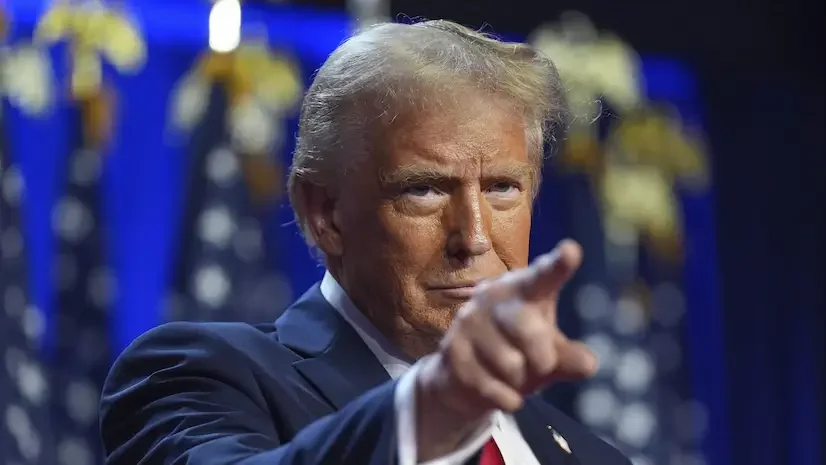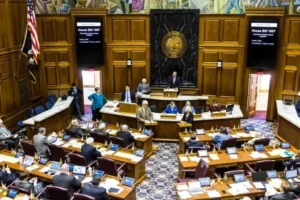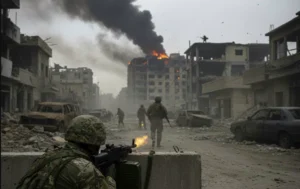Mike Sfraga took his oath as America’s Arctic ambassador just five weeks before election day in a formal State Department ceremony. Barely three months later, on January 20, he resigned when former President Donald Trump resumed office and replaced ambassadors nationwide.
The now-vacant Arctic ambassador position remains a critical concern as tensions rise over Arctic commerce, climate, and military interests. At recent international Arctic Council meetings, Diane Hirshberg from the University of Alaska Anchorage described the situation as quiet and uncertain.
US representatives refrained from sharing details at those meetings, saying only that comments might come later. Experts believe Trump understands the Arctic strategy, given his desire to acquire Greenland for the United States.
Still, his skepticism toward research institutions and European allies may jeopardize strategic interests in the Arctic. Sfrga, speaking at an Alaska legislative session, warned that allies are questioning America’s Arctic commitments amid leadership gaps.
Senator Lisa Murkowski, long an Arctic policy advocate, has urged the administration to fill her post with qualified personnel. She said she often represents America alone at Arctic summits and wants more support from official delegates and experts.
Though Biden created the Arctic ambassador role through executive action, Murkowski hopes legislation can make it permanent. She’s also submitted candidate suggestions and fears delays might result in a politically motivated appointment from Trump’s inner circle.
Murkowski openly supports reappointing Sfraga, a geographer and former think tank director who waited 18 months for confirmation. Some Republicans, like Senator James Risch, criticized Sfraga’s past connections with China and Russia, stalling his appointment.
Sfraga recently expressed interest in advancing Arctic goals but said it’s time to consider other serving methods. Congressman Nick Begich III said Arctic leadership remains vital for US national security and pledged support for future appointments.
The State Department said the Arctic Affairs office remains funded but gave no timeline for replacing Sfraga. America’s uncertainty about its Arctic ambassador now reflects broader questions about Trump’s Arctic strategy and future US influence in the region.











